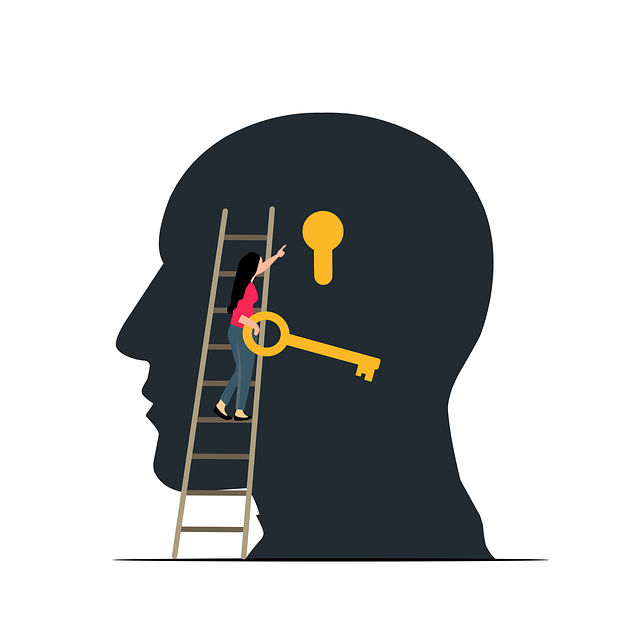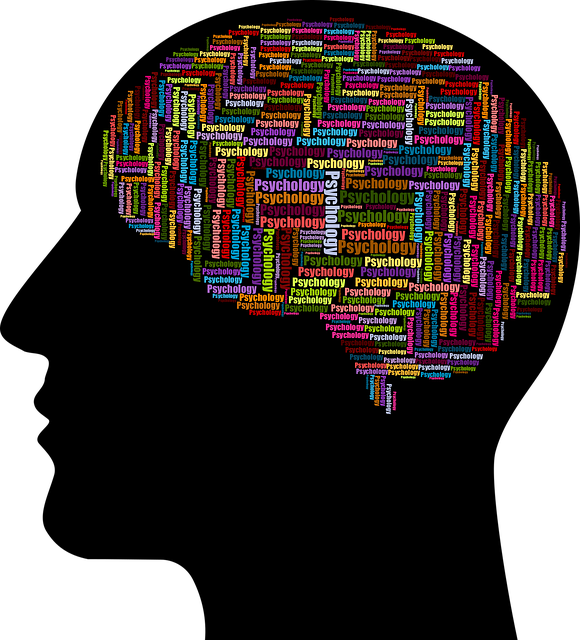Mental wellness group facilitation in Broomfield Postpartum Depression Therapy empowers new mothers through skilled guidance and a supportive community. Trained facilitators foster open communication, build resilience, and teach coping mechanisms tailored to individual needs using techniques like conflict resolution and cultural sensitivity. Interactive activities, discussions, and exercises create safe spaces, promote personal growth, and enhance mental wellness. Success is measured through assessment tools tracking skill development, emotional expression, and overall well-being, with ongoing support encouraging integrated practice for long-term mental health.
In today’s digital era, mental wellness group facilitation plays a pivotal role in fostering healing and support. This article explores effective techniques for facilitating groups, with a specific focus on postpartum depression therapy, as exemplified by Broomfield Postpartum Depression Therapy. We delve into the essential roles of facilitators, engaging strategies for dynamic sessions, and metrics to measure success. By understanding these dynamics, professionals can revolutionize mental health care, offering crucial support to those navigating this challenging phase.
- Understanding Mental Wellness Group Facilitation
- The Role of a Facilitator in Postpartum Depression Therapy
- Engaging Techniques for Effective Group Sessions
- Measuring Success and Supporting Continued Healing
Understanding Mental Wellness Group Facilitation

Mental wellness group facilitation is a specialized skill that plays a pivotal role in supporting individuals facing various mental health challenges. In a supportive group setting, trained facilitators guide participants through shared experiences, fostering open communication and building resilience. This approach is particularly beneficial for addressing issues like Broomfield postpartum depression therapy, where the unique bond of a support group can provide comfort and practical strategies to navigate these sensitive periods.
Effective facilitation involves a range of techniques, including conflict resolution skills to navigate disagreements, ensuring cultural sensitivity in mental healthcare practice to accommodate diverse backgrounds, and creating a safe space for vulnerable discussions. By employing these methods, facilitators empower individuals to manage stress, prevent burnout, and develop coping mechanisms tailored to their unique needs. This holistic approach not only enhances mental wellness but also encourages personal growth and community building within the group.
The Role of a Facilitator in Postpartum Depression Therapy

In Broomfield Postpartum Depression Therapy, the role of a facilitator goes beyond merely organizing sessions. They are the guiding light for individuals navigating the complex landscape of postpartum mental health challenges. A skilled facilitator creates a safe and supportive environment, fostering open dialogue and encouraging participants to share their experiences. Through active listening, they validate emotions, promoting self-acceptance and reducing feelings of isolation often associated with depression.
This support is crucial in facilitating effective treatments like Mindfulness Meditation, Crisis Intervention Guidance, and the development of Mental Wellness Coaching Programs. By skillfully navigating group dynamics, facilitators ensure each member feels heard, respected, and empowered to take charge of their mental wellness journey. They play a pivotal role in enabling participants to gain insights, develop coping strategies, and ultimately, recover and thrive.
Engaging Techniques for Effective Group Sessions

Effective group facilitation requires a blend of engaging techniques to foster meaningful connections and promote mental wellness. In Broomfield Postpartum Depression Therapy sessions, facilitators can utilize interactive activities, open-ended discussions, and collaborative exercises to create a safe and supportive environment. Encouraging participants to share their experiences through storytelling or art therapy helps build camaraderie and normalizes diverse emotional expressions.
Compassion cultivation practices, such as mindful listening and empathy training, play a crucial role in enhancing group dynamics. By fostering understanding and self-acceptance, facilitators can support individuals in managing mood episodes more effectively. Moreover, incorporating self-esteem improvement exercises, like positive affirmation circles or goal-setting workshops, empowers members to cultivate resilience and a sense of empowerment. These engaging techniques not only enrich the group experience but also contribute to overall mental wellness and personal growth.
Measuring Success and Supporting Continued Healing

Measuring success in mental wellness group facilitation is a nuanced process that goes beyond simple numbers. It involves tracking participants’ progress in terms of coping skills development, emotional expression, and overall well-being. Facilitators can utilize various tools such as pre-and post-group assessments, feedback forms, or even direct observation to gauge individual and collective growth. By comparing initial scores with final outcomes, facilitators can demonstrate the effectiveness of the group therapy sessions, particularly for issues like Broomfield postpartum depression therapy.
Supporting continued healing requires maintaining open lines of communication and offering ongoing resources. Facilitators should encourage participants to integrate newfound coping skills into their daily lives, providing practical tips and trauma support services as needed. Incorporating mindfulness meditation practices can further enhance this process, enabling individuals to cultivate inner resilience and maintain mental wellness in the long term.
Mental wellness group facilitation plays a pivotal role in supporting individuals, especially those dealing with postpartum depression, as demonstrated by successful implementations in Broomfield Postpartum Depression Therapy. By employing engaging techniques and measuring progress, facilitators create safe spaces fostering healing and growth. This comprehensive approach ensures that participants not only find support but also develop practical tools for long-term mental wellness.














